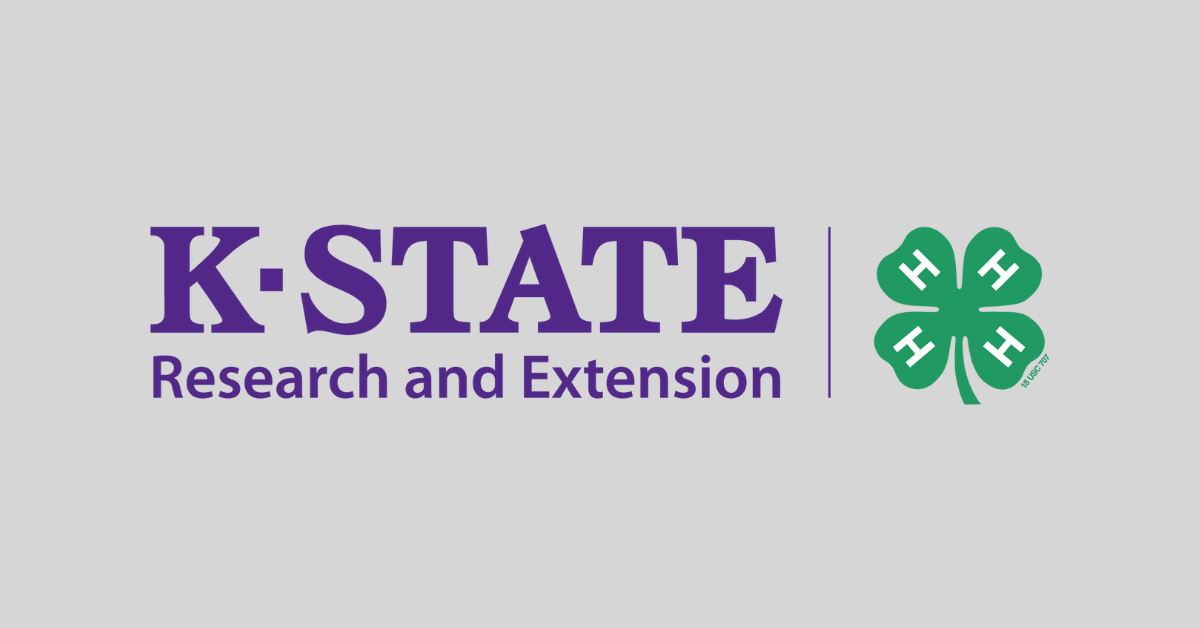
4-H youth ramp up work with livestock projects
Raising livestock to show requires a lot of work, but comes with great reward
June 7, 2022
By Annika Wiebers, K-State Research and Extension news service
MANHATTAN, Kan. – With school out for the summer, many 4-H members across the state are working more intensively to get their livestock projects ready for county fairs.
“Our 4-H fairs will start the second week of July,” said Kelsey Nordyke, a 4-H Youth Development specialist in southeast Kansas. “Most of those kids have had their projects through the spring, but now they’re out of school and they have a little bit more time to devote to those projects. Now is when they kick it into high gear and really start to work on those projects.”
Livestock projects are different from other areas because they require continuous attention and care, Nordyke said. The 4-Hers have to work hard from day one, without days off, to make sure their animals stay healthy and develop well.
“With our livestock projects, those kids are going to have a spring weigh-in to keep track of where their animal’s weight is, and there’s always an end point that we want them to reach based on what the livestock industry and show industry calls for,” she said. “We want kids to be paying attention to where those animals are as far as feeding so they can reach that target weight at the end of their project.”
However, feed and weight gain aren’t the only factors that 4-Hers need to monitor to get their animals show-ready.
“Depending on which species it is, there’s an exercise regimen that goes hand in hand with it as well,” Nordyke said. “They’re really dialing in (on) nutrition and exercising those animals to get them to not only gain what they’re supposed to gain or hold them where they are, but also to get them looking their best when they enter the show ring this summer.”
When it comes time for the 4-Hers to step into the ring with their projects, showmanship is often a major factor in judging decisions.
“Exhibiting livestock projects for show is just a little bit different than commercial livestock production,” Nordyke said. “It gives our kids an end point for the judge to evaluate the animal, but kids also have the opportunity to practice their own showmanship skills, which really is just showing how well you do as an individual and how well you show while the animal is being evaluated as well.”
Although raising livestock projects requires a lot of hard work, the 4-Hers have a lot to gain, according to Nordyke.
“Raising and showing livestock helps kids develop mastery, it helps them grow communication skills, and it really helps them to develop a sense of self-worth and accomplish their goals,” she said.
These projects can also be a starting point for kids hoping to pursue a livestock career in the future.
“If they’re going to sell something to a packer, we want them to learn what those packers are looking for, so they’re going to get a paycheck based on what their animals weighs,” Nordyke said. “Many kids chose this project because they’re interested in the livestock industry, whether that be going back to the family farm, establishing their own genetics or their own herd, or entering another part of the livestock industry. Our livestock industry in the United States is so broad, our kids can do anything from raising livestock to biotechnology and biosecurity, working to make the world a safer place for everyone.”
Nordyke strongly encourages everyone to visit their local county fairs this summer, regardless of their experience with agriculture, and talk to 4-Hers about their projects, their goals, and the work they did to reach them.

